Dianne OBrien - Daughter of the River Country
Here you can read online Dianne OBrien - Daughter of the River Country full text of the book (entire story) in english for free. Download pdf and epub, get meaning, cover and reviews about this ebook. year: 2021, publisher: Echo Publishing, genre: Non-fiction. Description of the work, (preface) as well as reviews are available. Best literature library LitArk.com created for fans of good reading and offers a wide selection of genres:
Romance novel
Science fiction
Adventure
Detective
Science
History
Home and family
Prose
Art
Politics
Computer
Non-fiction
Religion
Business
Children
Humor
Choose a favorite category and find really read worthwhile books. Enjoy immersion in the world of imagination, feel the emotions of the characters or learn something new for yourself, make an fascinating discovery.
- Book:Daughter of the River Country
- Author:
- Publisher:Echo Publishing
- Genre:
- Year:2021
- Rating:5 / 5
- Favourites:Add to favourites
- Your mark:
- 100
- 1
- 2
- 3
- 4
- 5
Daughter of the River Country: summary, description and annotation
We offer to read an annotation, description, summary or preface (depends on what the author of the book "Daughter of the River Country" wrote himself). If you haven't found the necessary information about the book — write in the comments, we will try to find it.
Daughter of the River Country — read online for free the complete book (whole text) full work
Below is the text of the book, divided by pages. System saving the place of the last page read, allows you to conveniently read the book "Daughter of the River Country" online for free, without having to search again every time where you left off. Put a bookmark, and you can go to the page where you finished reading at any time.
Font size:
Interval:
Bookmark:

Acknowledgements
I would like to thank everyone who gave me support and encouragement during the years it took to write this book.
Thanks, first of all, to my mum Val Westman, who so carefully kept all the photos from my life, some of which weve used for the cover (Im clutching the rag doll she made, Molly) and the picture section inside. Without her, they would have been lost forever. Thanks to my family, too: my kids, grandkids and great-grandkids who never stopped believing in me, and knew that I could do this thing.
A big thanks to Julie Asprey, who was the first to see some of my writings, and to Cindy OCasey, Jodi Storey, Brian Cook and Lucy Desoto for their help.
Then, of course, to my publisher Tegan Morrison and my great friend Benny Agius of Echo Publishing, and to writer Sue Williams. Thanks also to my copyeditor Rod Morrison and proofreader Angela Meyer.
Id also like to give a huge shout-out to Peter Read and Coral Edwards of Link-Up who helped me trace my birth parents and my first family and discover my Aboriginal heritage. Theyre doing such great work! And to Donnie Williams who saw so clearly my Aboriginality and put me in touch with them.
Aunty Jessica Atkinson encouraged me continually, saying I needed to write our stories and get them out there as it would help our young people live their best lives too, while Uncle Boydie was also always there for me, as was Aunty Sally, William Coopers sister, whom I met in an old peoples home in Geelong. It can be hard for stolen generation members to go back to their traditional communities and be accepted, so its important theyre always welcomed back and their return celebrated. Its always going to be a traumatic journey, and from all sides.
Through telling my story, I hope to encourage other Aboriginal people to aim high. If I can do this, an uneducated gin from the mission, then anyone can achieve anything they set their mind to. Id love more Aboriginal people to write their stories about loss of identity and the devastating consequences that have resulted from losing their cultural heritage, and then about their strength that got them through it and, hopefully, their path afterwards to a better life.
About the Author
Dianne OBrien (known as Aunty Di) is currently the Chairperson of Mingaletta Corporation, an Aboriginal and Torres Strait Islander community hub. In 2017, she was named NSW Grandparent of the Year. She has held many senior positions in government organisations and has also worked in legal services and as a drug and alcohol counsellor. She lives on the Central Coast of NSW, Australia.
Chapter One
Jealousys Poison
I dont know exactly when my father started hating me.
Early on, I like to think he didnt. I have so many old photographs of us fishing together, playing together, laughing together. There I am, beaming at the camera, and there he is, looking down fondly at me, his only child. In some photos, he has his arm around me. In others, he has my hand in his.
But then, at some point, things changed. Ive spent a long time trying to figure out why. What did I do wrong? What could a child possibly do to turn her father into an enemy? I asked myself this every time he flogged me with the buckle end of his belt. And I asked myself again when Mum warned me never to be alone with him.
I realised later that it was my mother whod taken all those photos. Dad had been on his best behaviour while she was watching. But as I grew older, those happy childhood days of fun and love and innocence gradually darkened into nights of fear and despair. My father almost destroyed my life. Almost.
My family was pretty average, no different than anyone elses. I was born 3 July 1946 at the Wagga Wagga Base Hospital, in what is the largest inland city in NSW, halfway between Sydney and Melbourne, about 450 kilometres from each. Back then, it was the centre of the war effort, with an air force base, an army camp, and thousands of troops stationed there for training. Before I came along Mum did her bit as a member of the Womens Auxiliary Australian Air Force (WAAAF). That was typical of her, always helping others.
Her name was Val Westman, and she was softly spoken and pretty with a pale complexion, fine features and dark-brown hair that shone gold in the sun. Shed worked from a young age on wheat farms in the country, doing back-breaking tasks in the fields, cooking for the other farmhands, and sewing wheat bags. Shed been married before she met my dad and had a son, my half-brother Ronnie, who was six years older than me. Apparently, Mums first husband was mean and used to beat her up. One of my uncles told me that hed once seen him dragging her along the floor by her hair. I was horrified at the thought of anyone doing such terrible things to my beautiful mother, but she never mentioned it. I think she wanted to do everything she could to shield me from the ugly side of life.
When I was little, we lived on a wheat farm in Parkes, about 260 kilometres north of Wagga Wagga in central west NSW. Parkes had its own RAAF station during the war, in a region that had mines dating back to the old gold rush days, and was surrounded by wool and wheat farms. The WAAAF closed down the year after I was born and Mum worked on the farm full-time, alongside my dad, George Westman. When he wasnt doing farm work, he was a truck driver, transporting diesel and other fuels around the country and earning good money.
Dad was a handsome man and was proud of his dark good looks. He had a natural charisma and I adored him, nearly as much as I adored my mother. Hed take me to the truck park to look at the big rigs and sometimes even let me ride in the cab with him. On his days off, when Mum was busy with Ronnie, hed take me fishing or crabbing by torchlight. He didnt like seeing Mum and Ronnie together and I think he was jealous, although it seemed strange that an adult could be jealous of a kid. He often picked on Ronnie and complained whenever Mum bought him anything, saying she was spoiling him. But maybe Mum simply wanted to make up for Ronnie having such a bad dad.
When I was three years old, because of Dads trucking job, we moved to Granville in Sydney, a working-class suburb out west. It was a knockabout kind of place and in those days still very much on the citys outskirts. It was originally called Parramatta Junction because it was the final stop on the first railway line in NSW from Sydney to Parramatta. Our little weatherboard house on Redfern Street had a big verandah closed in by glass shutters, an outside dunny and a back garden where we grew vegetables and kept chooks. The house was at the back of the Crest Theatre, surrounded by paddocks and close to where the travelling circus set up every year.
Mum and Dad both had Irish ancestry and had family in the area, so I had lots of uncles and aunts and cousins. Mums brothers, the Callaghans, were illegal bookmakers and she often worked with them, delivering little yellow envelopes full of money all around Sydney, sometimes getting me to help. It seemed, through them, we were connected. My godfather was none other than underworld gambling kingpin Lenny McPherson, who later became a notorious standover man said to have committed, and commissioned, more murders than any other organised crime figure in Sydney. We had a photo of him attending my christening. Although he was a godfather of crime, he wasnt much of one to me. I dont remember ever seeing him again. My godmother was an old friend of Mums, Joy, from Parkes, but I never met her, either.
*
Mum was sociable and had loads of friends. She loved it when people came over to play cards and for sing-songs around the piano with one of my uncles on his squeezebox and another on a mouth organ. Sometimes Id join them on the spoons. And if I didnt, invariably at some point shed halt everything.
Font size:
Interval:
Bookmark:
Similar books «Daughter of the River Country»
Look at similar books to Daughter of the River Country. We have selected literature similar in name and meaning in the hope of providing readers with more options to find new, interesting, not yet read works.
Discussion, reviews of the book Daughter of the River Country and just readers' own opinions. Leave your comments, write what you think about the work, its meaning or the main characters. Specify what exactly you liked and what you didn't like, and why you think so.

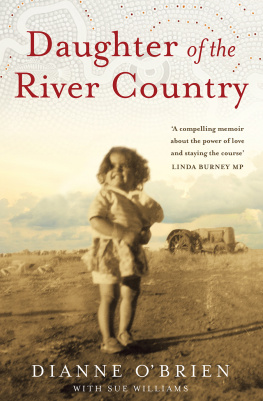
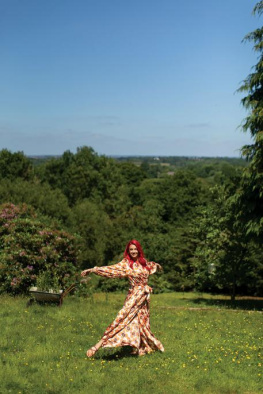
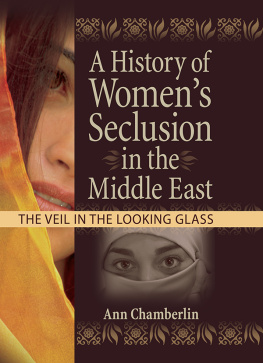
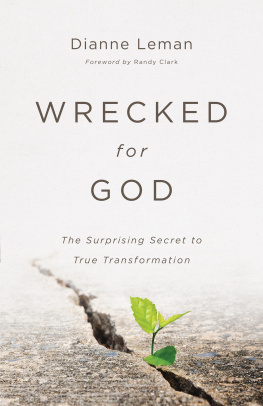
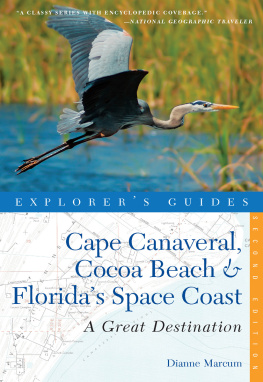
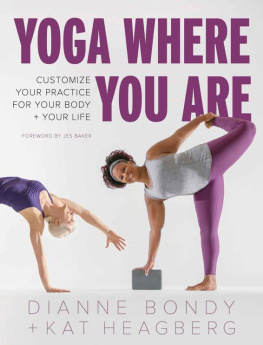
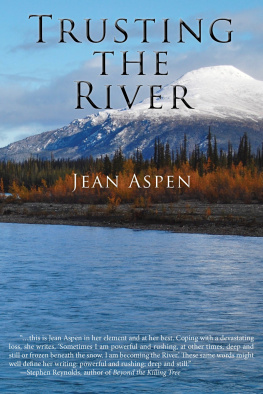
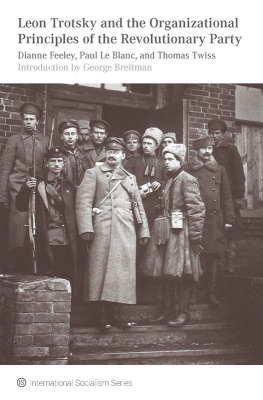

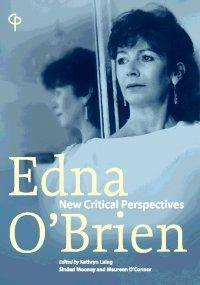
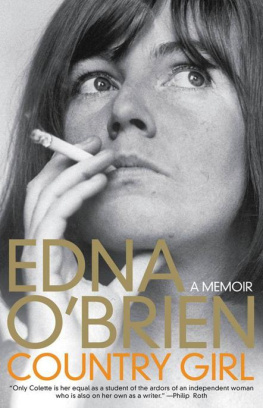
![Dianne Siemon ... [et al.]. - Teaching mathematics : foundation and intermediate phase](/uploads/posts/book/64242/thumbs/dianne-siemon-et-al-teaching-mathematics.jpg)
